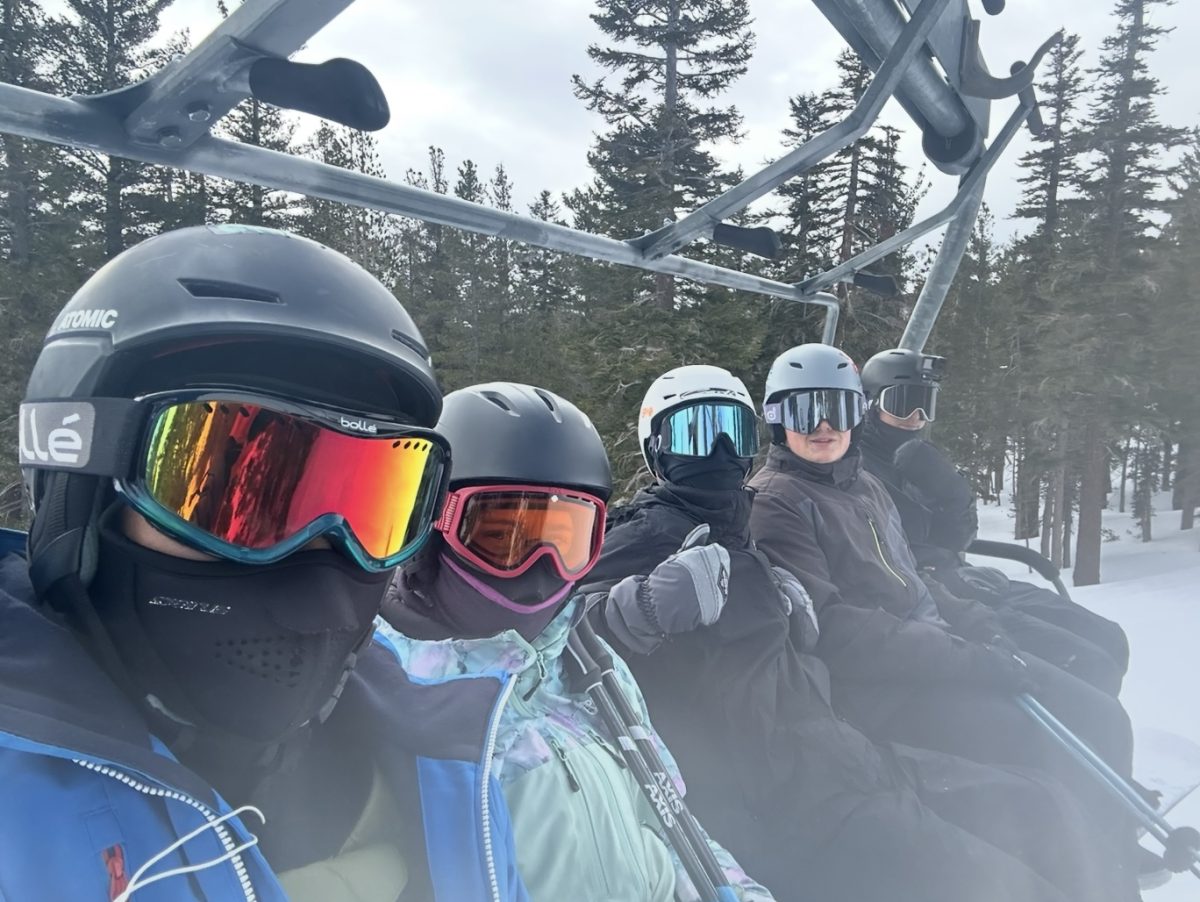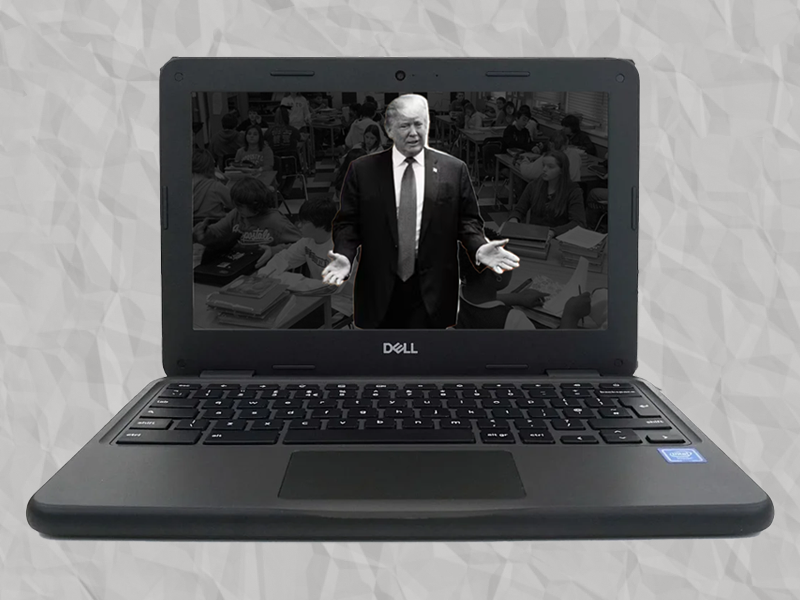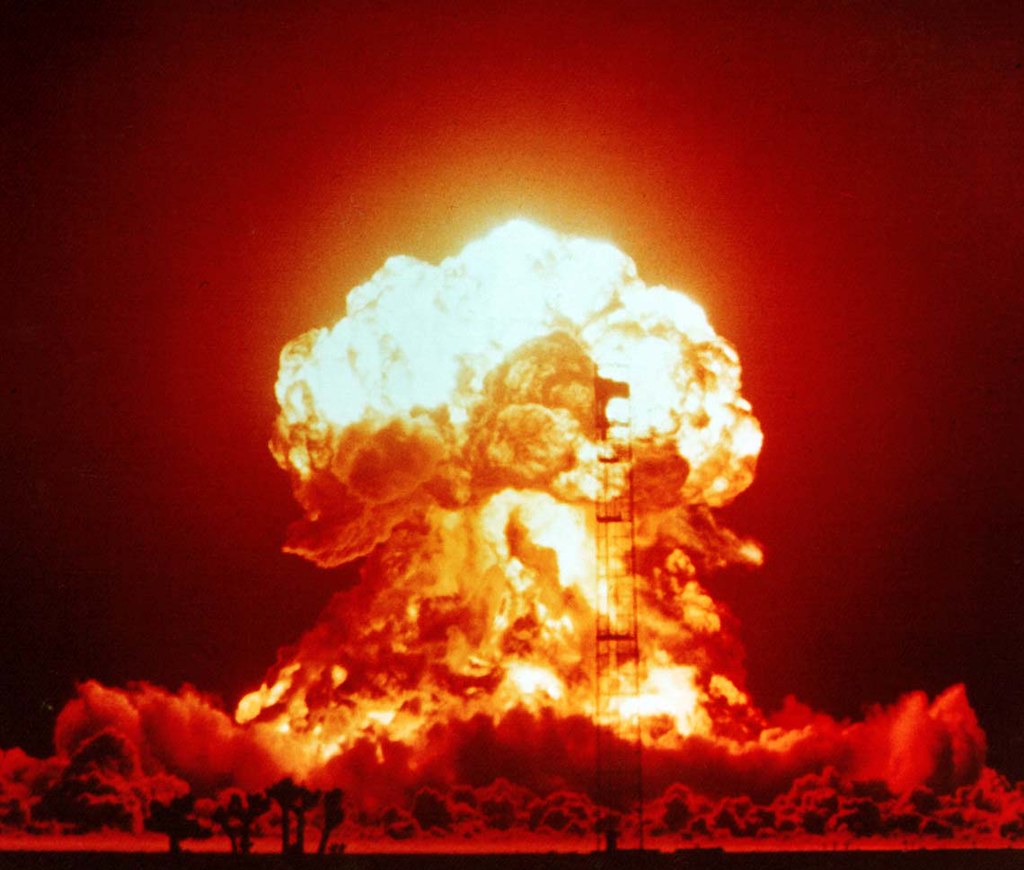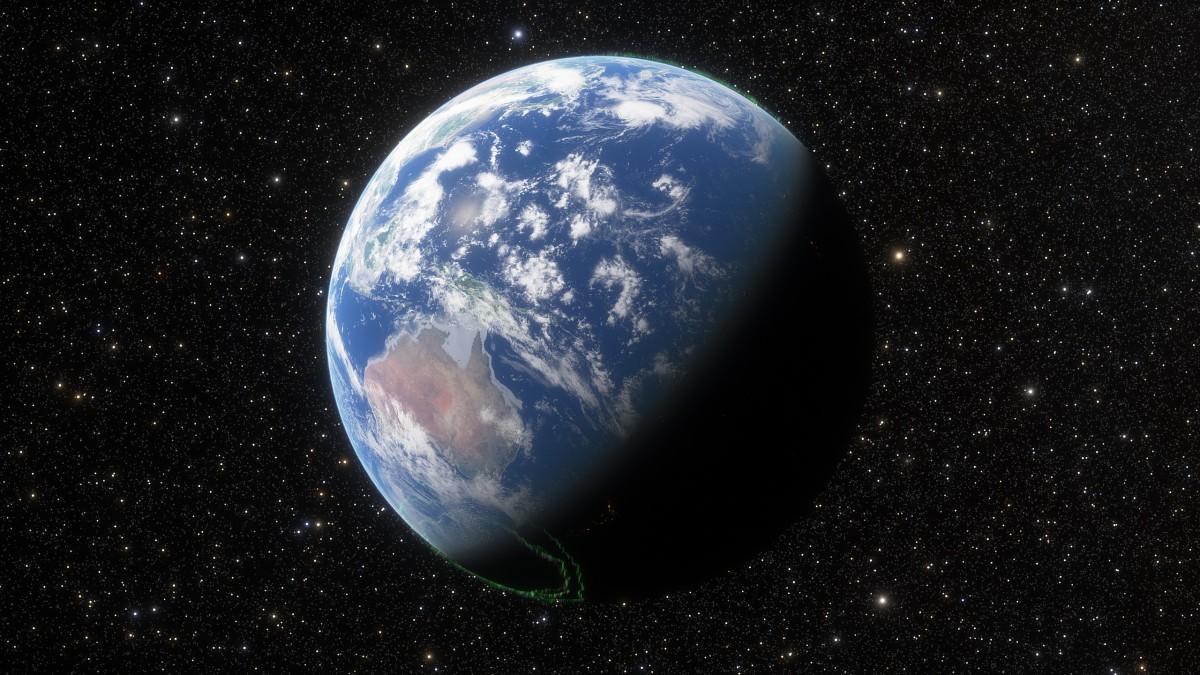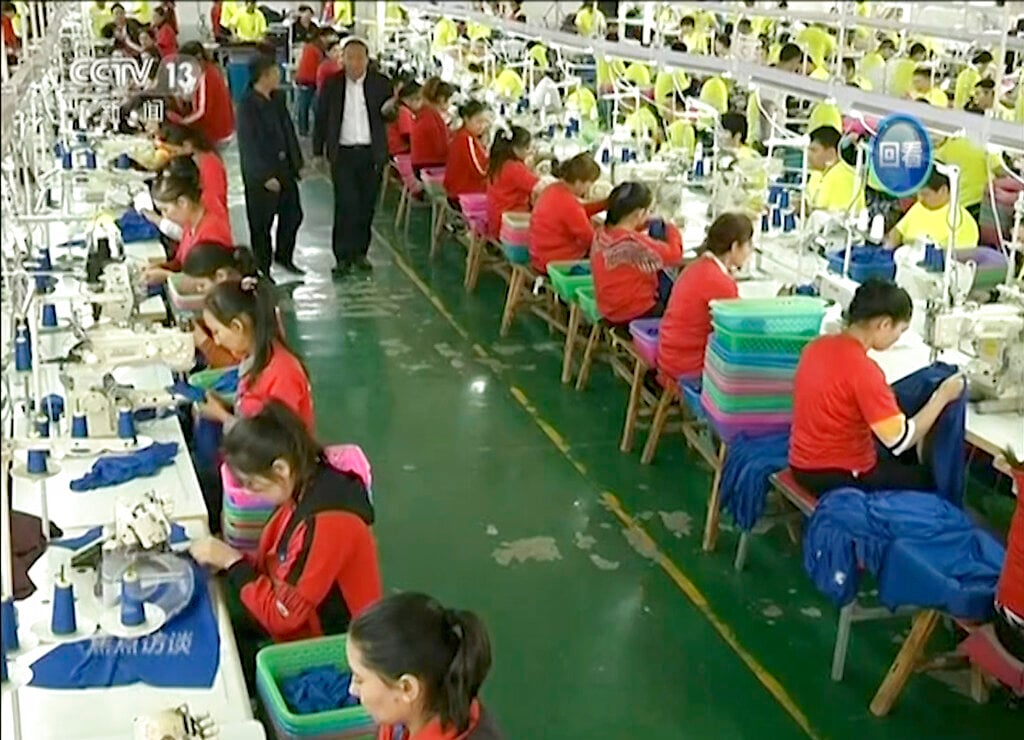Taliban fills the void in U.S. absence
The war in Afghanistan, officially known as “Operation Enduring Freedom,” has finally come to an end as President Biden announced the withdrawal of U.S. military troops from Afghanistan, leaving the Taliban in dictatorial command of the country. In 1999, the United Nations Security Council linked the al-Qaeda and Taliban groups together and identified them as terrorist groups that needed to be cut down. Little did they know, they still wouldn’t have accomplished this goal 20 years later. Jesus Aguilar Navia, PRHS graduate of 2016, has “a very heartfelt and frustrated connection to what’s been developing [in Afghanistan].” Aguilar Navia served in the military and immersed himself in the Afghanistan culture for almost a year. He’s seen the effect the Taliban have had on the country and, in his frustration with our government, he feels for the Afghani people.
“There’s many absolutely brilliant and talented individuals with strong leadership abilities that could step up and run the country as it should be. Unfortunately with the Taliban in power, that won’t be happening.”
Aguilar Navia
Mr. Land of the PRHS History department also feels a personal link to this story. “I’m a citizen of the country that led the invasion there 20 years ago and paid billions of dollars in military expenditures for the effort. I’ve had several students serve there. I’ve had students from the town where Bin Laden was found and killed,” he said. While these current events majorly affect the people of Afghanistan, they are also affecting people all the way in the United States.
The Taliban had risen from the ashes of Afghanistan’s civil war in the mid-1900’s, and they provided sanctuary for al-Qaeda. A CNN reporter revealed that on December 13, 2001, the US government released a tape in which Osama bin Laden, the leader of al-Qaeda, takes responsibility for the 9/11 attacks. A total of 2,977 people were killed in these strikes. The United States didn’t just let this devastating blow to their country slide- they got involved.
After 11 years of war, President Obama makes a plan to pull US troops out of Afghanistan in July 2011. Two months earlier, bin Laden, leader of al-Qaeda, is killed by the US military. However, the death of their leader does not cause the terrorists to pull back. Obama’s drawback plan keeps getting pushed further and further away, and is never seen through during his presidency.
In February of 2020, the Taliban sign a document called the “Path to Peace”, which says that the group will not use Afghanistan for terroristic purposes, if the United States pulls a significant amount of its troops from the country. President Biden agrees.

A year later, in September 2021, the Taliban announces a new all male interim government, headed by acting Prime Minister Mullah Mohammad Hasan Akhund. This particular man is on the FBI’s most wanted, blacklisted terrorist list. CBS Sports says that this new government has legally put an end to all protests in Afghanistan, as well as women’s sports, particularly cricket, so women won’t have any opportunity or reason to take off their traditional clothing and burqas (traditional head and face coverings). Robert McLaughlin, an ex-combat engineer for the U.S. military, believes that with our troops withdrawn, “the women and children will be in more danger, and treated more harshly now that we are no longer there.” These women are now essentially under house arrest, not allowed to leave their house without a man accompanying them. UNICEF has stated that if the children of Afghanistan don’t receive help, “one million under-fives in Afghanistan will face severe acute malnutrition, a life-threatening condition.” According to the UN News, more than four million children are out of school, and many have been deprived of basic health care.
Two days after this new government was formed, US Defense Secretary Lloyd Austin said that al-Qaeda, the extremist group that used Afghanistan as a type of sanctuary, “may attempt to regenerate in this country… The nature of al-Qaeda is they will always attempt to find space to grow and regenerate,” whether it’s in Afghanistan or not.
Aguilar Navia is “without a doubt sure the unjust culture amongst children and women will continue to get worse. Now that there is no more U.S. presence there, the Taliban will have free reign to do as they wish, leaving the children and women to suffer by enslaving the women and trafficking the children. It’s devastating, because it is so prevalent. And there’s nothing we can do about it now.”
United States citizens and officials were finally permitted to leave Afghanistan this year, and there is footage of mothers throwing their children and babies over the fence that divides where the public and the planes were, hoping that that slim chance of their child arriving in America would give them a better chance at life than they would have in their torn home country.
Back in the United States, Biden has appointed veteran diplomat Lee Wolosky to help organize the resettlement of the Afghanistan War refugees.
On 9/11’s twentieth anniversary this year, the Taliban flag was seen waving over the Afghan presidential palace. Other world officials like Secretary-General Antonio Guterres are worried that this success might encourage other groups like the Taliban in different sections of the world to attempt to achieve their own extremist goals.
Land feels that occupying Afghanistan in the first place was a poor choice by our government. He said that “there are no winners” in this war, but that the exit of American troops from Afghanistan means defeat for the United States. Land ended his interview with these words: “We need to find ways to see ourselves in them, instead of seeing an enemy. Too often it seems we create our own enemies.”
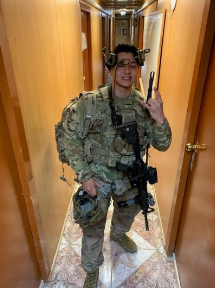
Aguilar Navia strikes a pose in his military gear 
Aguilar Navia and his daughter Mia 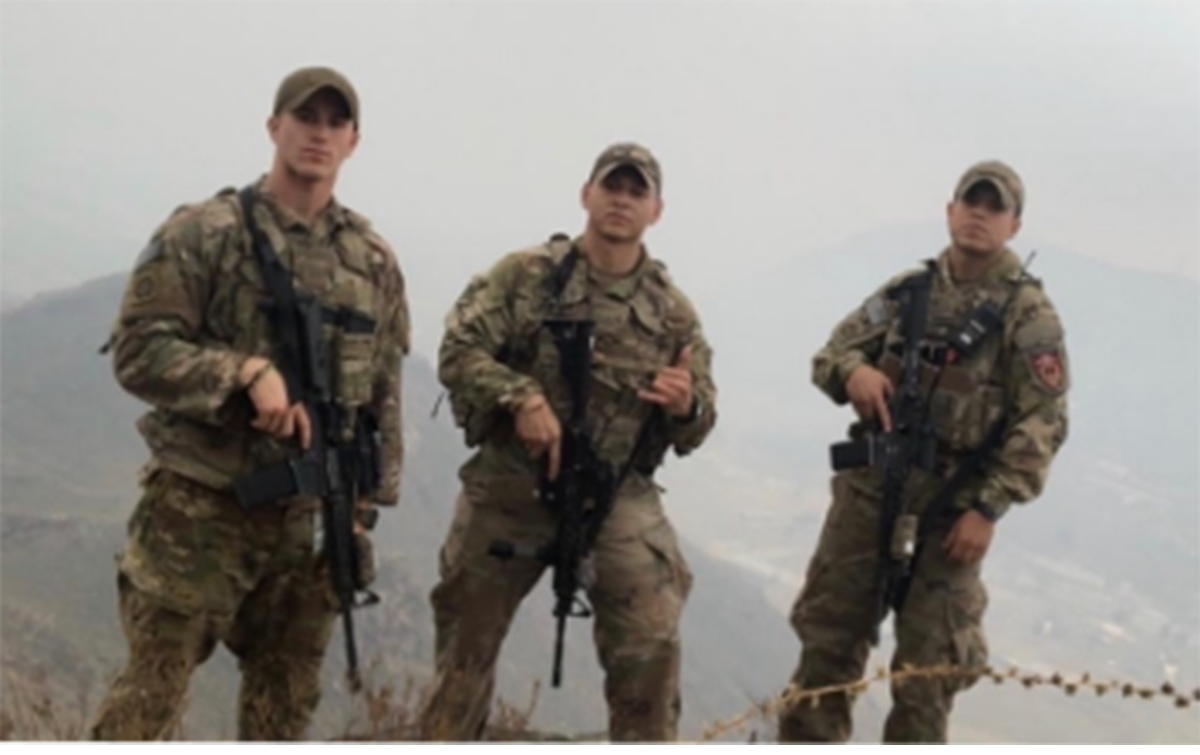
Aguilar Navia (middle), Hurley (left) and Chavez (right)



